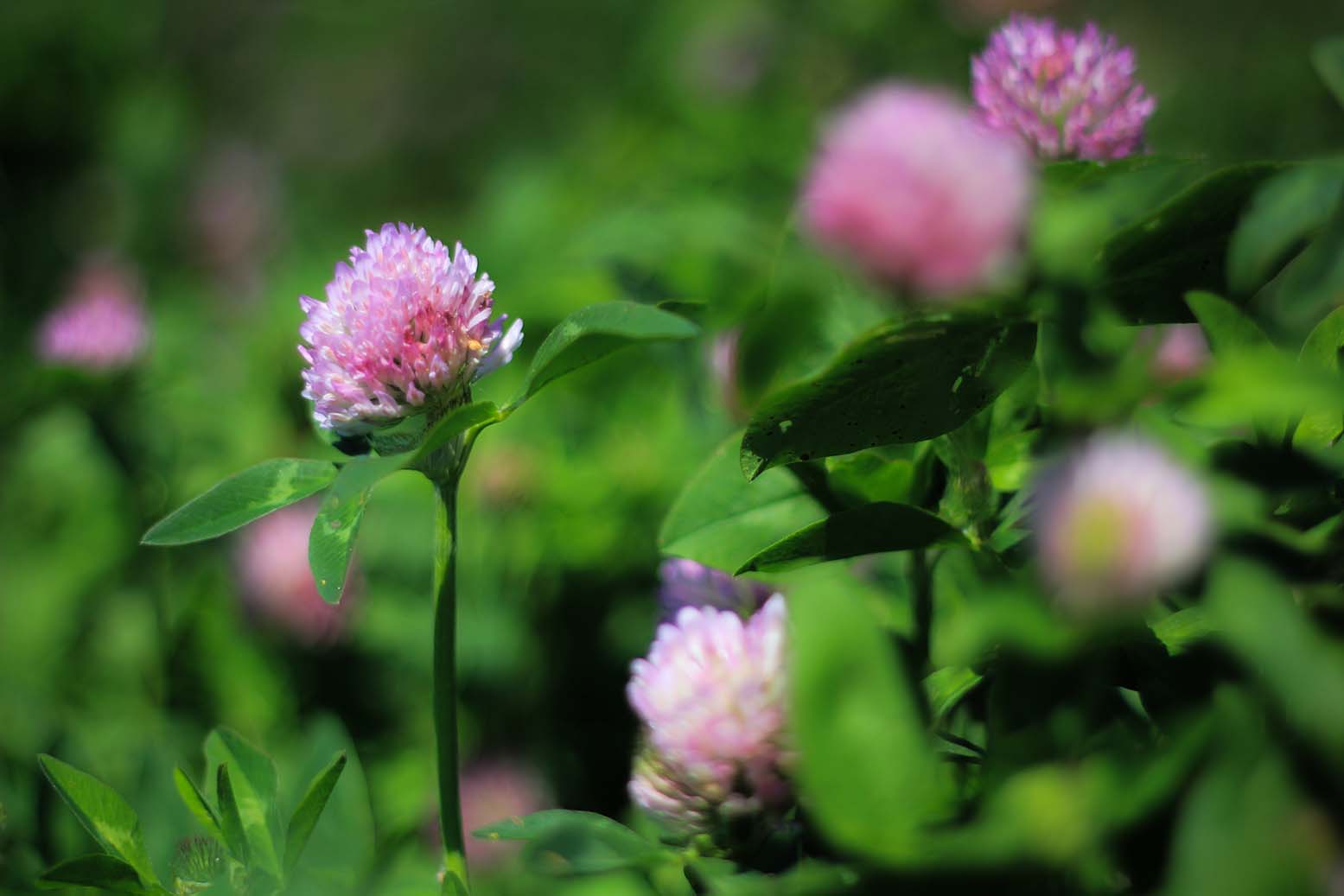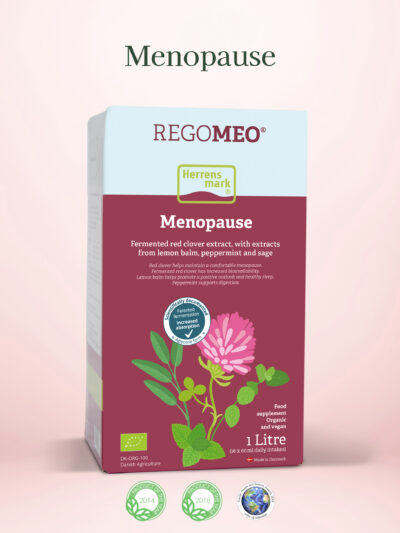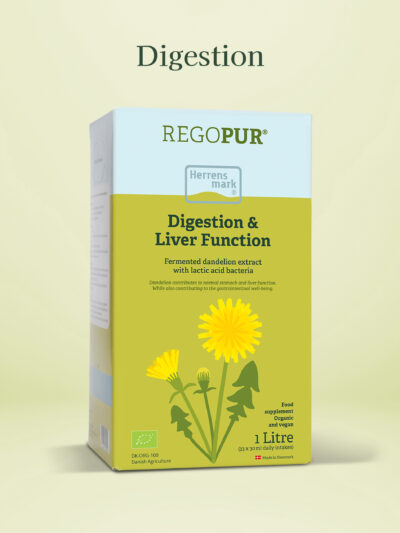You may have already come across information that red clover and the menopause are often associated with each other. There also happens to be a rather good explanation for this. Red clover can be beneficial when it comes to alleviating the symptoms that many women experience in connection with menopause. This is because red clover contains plant oestrogens called phytoestrogens that can help to bring equilibrium to the imbalance that occurs in women’s bodies at the outset of menopause. If we are to understand the link between red clover and the menopause, we need to look more closely at the menopause itself and at the discomfort that women can experience when their production of the female sex hormone oestrogen decreases. Although the experience of the menopause can vary from woman to woman, there are still several characteristic factors that repeat themselves when women talk about the types of discomfort they experience.
What is the menopause?
But what is the menopause anyway? The menopause (also known as grand climacteric) is the period that women undergo around the time of their last period. The last period is also called “the change of life”. When women go through the menopause, their production of oestrogen (the female sex hormone) decreases and this can contribute to some of the symptoms associated with this phase of life. Examples of these include hot flushes, sweats, mood swings and interrupted sleep patterns. Some women experience many symptoms while others are almost completely unbothered by the menopause.
When does the menopause start?
The onset of menopause occurs for most women at around 45-55 years of age. However, it is generally accepted that the average age for women to start menopause is typically between 51-52 years. Some women, however, experience that it happens much earlier. There is no guideline for how long the menopause lasts. For some, it will only take a relatively short amount of time while others may find that their process takes several years. There is, however, evidence to suggest that genes inherited from the mother can influence when the menopause occurs, how uncomfortable it is and how long it lasts.
Symptoms of the menopause
The symptoms and changes that occur during menopause are a result of the ovaries no longer producing the female sex hormones; oestrogen and progesterone. One of the things that oestrogen does is to build up the lining of the uterus and keep the mucous membranes in the vagina and urinary tract strong. It also stimulates bone formation and the prevention of atherosclerosis. Progesterone, on the other hand, acts as a stabiliser for the uterus and thus ensures a more regular menstrual period. Bone tissue is also sensitive to oestrogens, so we therefore see that women who are going through the menopause will decalcify significantly more than before and after menopause. It is natural that between 2-5% of your bone mass will decalcify during this period of transition.
Problems associated with the menopause are primarily a consequence of reduced oestrogen production. Fluctuating progesterone production can, however, also lead to issues such as bleeding disturbances and other known problems. Three out of four women will experience discomfort in connection with the menopause. This typically takes the form of tiredness, poor sleep, hot flushes, increased perspiration, mood swings and bleeding disturbances. These particular problems (or menopausal symptoms, if you prefer) can be alleviated by the consumption of red clover and fermented red clover in particular, with added lemon balm, sage and peppermint extracts.

Why does red clover work against menopausal symptoms?
Red clover has long been used to alleviate the symptoms of menopause. Taking red clover during the menopause is beneficial because it contains plant substances called isoflavones or phytoestrogens, which are similar to the female hormone oestrogen, but differ in that they bind in other parts of the body. These plant oestrogens are the reason why red clover can be conducive to restoring the body’s hormonal balance. Because falling oestrogen levels are thought to trigger symptoms such as hot flushes and sweats, falling energy levels and poor sleep, red clover’s phytoestrogen content can help to ease the discomfort that women can experience during menopause. One of the benefits of fermented red clover is therefore that it can help to restore the body’s hormone balance. This can help to make the body less sensitive to temperature fluctuations. Red clover can thus contribute to a smoother and more comfortable menopause during which hot flushes and sweats will not dominate everyday life to the same degree as experienced by some.
Red clover, lemon balm, sage and peppermint in a unique combination
In addition to the organic, freshly harvested red clover from the fields of Funen, our fermented red clover product REGOMEO also contains fermented extracts of lemon balm, sage and peppermint. There are good reasons why Herrens Mark adds these three particular herbs, freshly harvested as they are from organic agriculture on Funen, just like the red clover they accompany. Lemon balm helps to promote healthy sleep and ensures mental and physical well-being. The sage has the simultaneous effect of acting as an antiperspirant while the peppermint contributes to natural digestion. Symptoms like fatigue, poor sleep and slow digestion can be some of the less welcome symptoms that come with the menopause.




